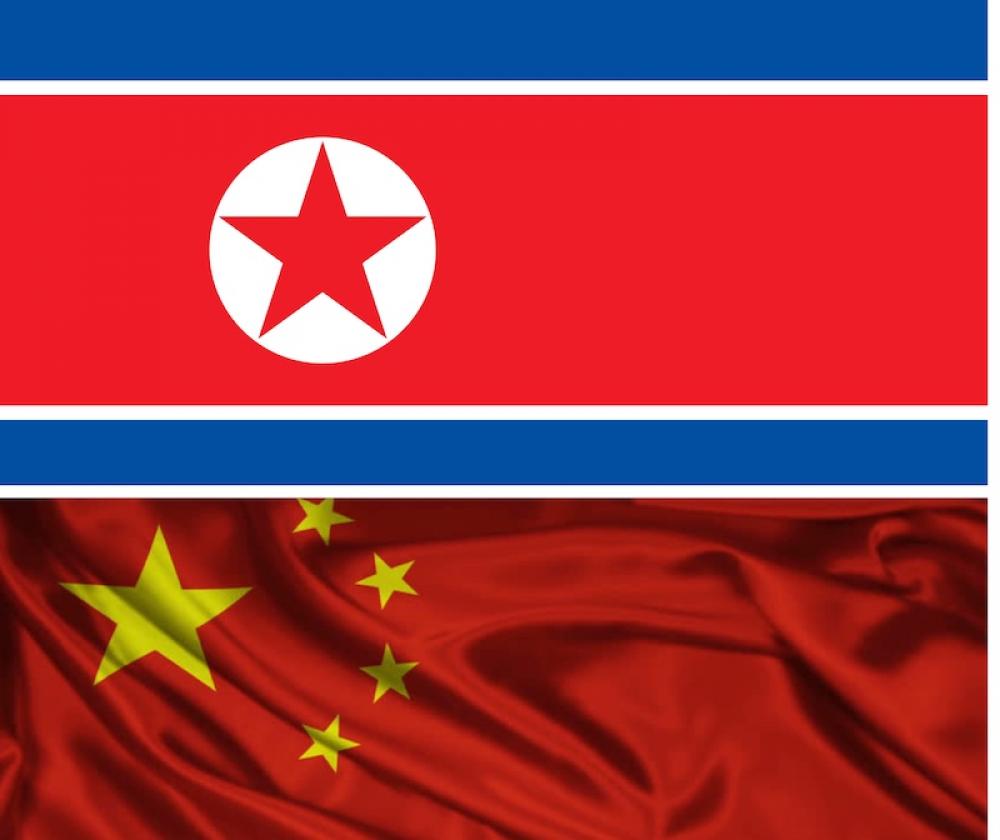In a recent meeting between South Korea’s Foreign Minister, Park Jin, and the U.S. Special Envoy for North Korean Human Rights Issues, Julie Turner, a veiled warning was issued to China concerning its practice of repatriating North Korean escapees.
The two allies vowed to collaborate in addressing the dire human rights situation in North Korea, particularly focusing on China’s role in forcibly returning escapees to the oppressive regime.
This article critically examines China’s actions and the international response to this ongoing crisis, shedding light on the appalling treatment faced by North Korean defectors and the urgent need for change.
North Korea’s people live in abysmal conditions, with the Kim Jong Un regime relentlessly pursuing nuclear weapons at the expense of their basic rights. This situation has reached a breaking point, with an increasing number of North Korean citizens risking their lives to escape the oppressive regime in search of freedom and a better life.
These escapees are often viewed as traitors and threats by the Kim regime and face severe consequences, including imprisonment, torture, and even capital punishment.
Recent reports have alleged that China, North Korea’s closest ally, has been forcibly repatriating North Korean defectors. This act contradicts humanitarian principles and international norms, as no individual should be returned against their will to a place where their lives and rights are in grave danger.
Human Rights Watch has documented that over 500 North Koreans have been forcibly returned to North Korea by Chinese authorities, adding further weight to the accusations.
Most of these repatriated North Koreans were civilians and religious figures who were apprehended while attempting to escape to South Korea from China. This alarming practice has sparked outrage among human rights organizations and governments worldwide. It is a blatant betrayal of humanity and an affront to the principles of asylum and protection of refugees.
The South Korean government has lodged a protest against China regarding the suspected forced repatriation of numerous North Korean escapees, signaling its commitment to addressing this grave issue. This is a clear indication of the urgent need for international intervention and collaboration to halt this inhumane practice.
The appointment of Julie Turner as the U.S. Special Envoy for North Korean Human Rights Issues marks a significant step in addressing this long-standing crisis. Turner’s inaugural visit to Seoul demonstrates the United States’ commitment to working alongside South Korea to make a difference in the lives of North Korean escapees. This is particularly crucial, as North Korea’s human rights situation remains among the worst in the world.
The international community must unite to condemn Beijing’s actions and pressure China to cease its forcible repatriation of North Korean escapees. It is essential to bring about tangible change in the lives of these individuals who have risked everything to escape from an oppressive regime.
The collaboration between the United States and South Korea in gathering and disseminating information on the ground realities of North Korea has the potential to influence the human rights situation in the country. These two major international players, with vested interests in the Korean Peninsula, can use their diplomatic and political weight to build a broader international coalition aimed at pressuring North Korea to reform its practices.
Ji Seong-ho, a North Korean defector who is now a member of the South Korean national assembly, emphasized the importance of the U.S. and South Korea’s intervention in aiding North Korean escapees and halting further forced repatriations. He stated that the nomination of a U.S. Special Envoy for North Korean Human Rights Issues sends a significant message to the North Korean people, reassuring them that allies will actively work to protect their basic rights.
China’s complicity in the forced repatriation of North Korean escapees is a grave violation of human rights and international principles. The international community must stand united in condemning these actions and advocating for the protection and rights of North Korean defectors. The collaboration between the United States and South Korea represents a crucial step towards addressing this crisis and sending a message of hope to the oppressed people of North Korea. It is time for the world to come together and create concrete change to improve the lives of North Koreans who have suffered for far too long. This issue serves as a stark reminder that the pursuit of human rights is a universal endeavor, and no one should be left to suffer in silence, without hope for a better future.

